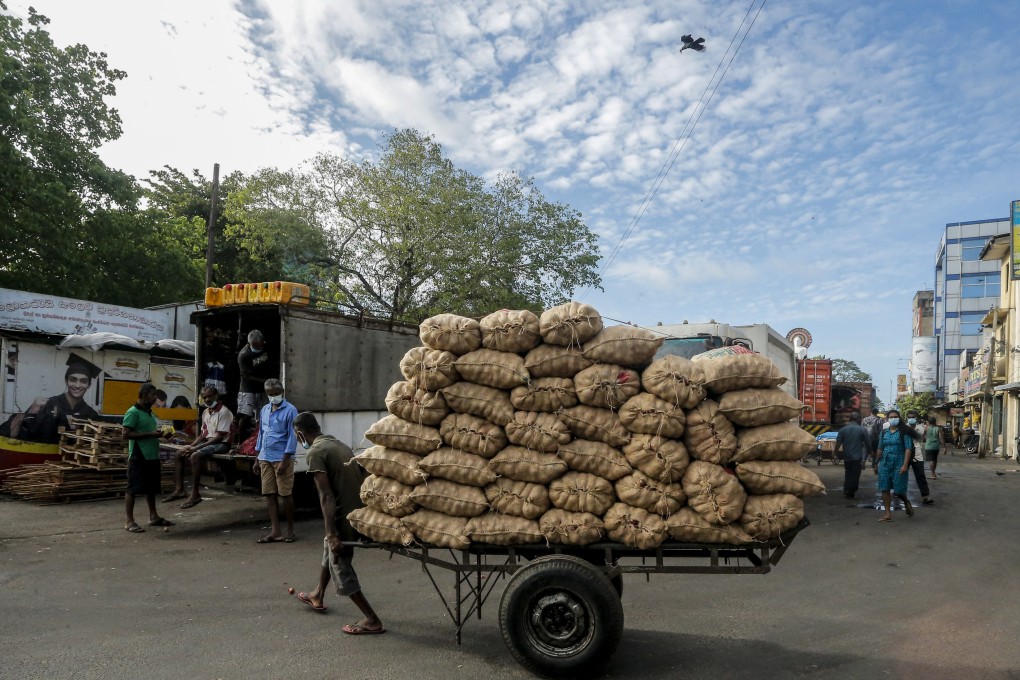My Take | As always, the deafening silenced suffering of poor countries
- Mainstream economics, liberal politics and news media have long colluded to silence and ignore poor nations. The West’s weaponisation of the world economy against Russia and its devastating collateral fallouts on the global south is just the latest example

– “I leave aside the deeper concern that the primary role of mainstream economics in our society is to provide an apologetics for a criminally oppressive, unsustainable, and unjust social order.”
– “Why Do We Think That Inflation Expectations Matter for Inflation? (And Should We?).”
Jeremy B. Rudd, (US) Federal Reserve Board, September 23, 2021
That is from footnote No 2 of his paper. And Rudd makes it clear that his opinions do not necessarily reflect those of the US Fed. In fact, I am absolutely sure they do not, at least when it comes to the “apologetics” of neoliberal or neoclassical – read “mainstream” – economics.
But Rudd is exactly right. And it is not just “mainstream economics” but also mainstream liberal politics and the mainstream news media. The poor and poor countries generally do not matter, and that has long been the case with mainstream Western political and economic discourses that continue in their “criminally oppressive” way today.
In a 2020 paper, International Monetary Fund researchers found that only 1.4 per cent of papers published in the top 10 economics journals focused on poverty in the previous 10 years. In other words, the world’s most prestigious and influential economists don’t give a hoot about poverty and the poor. And that is a statistical conclusion. They may personally care, of course, but it would not advance their career and reputation to write about it.
